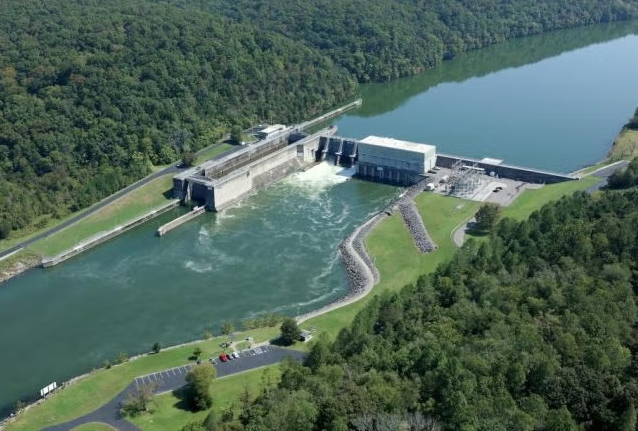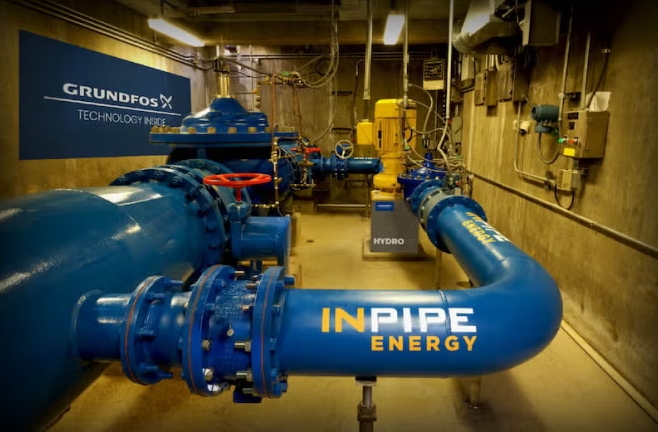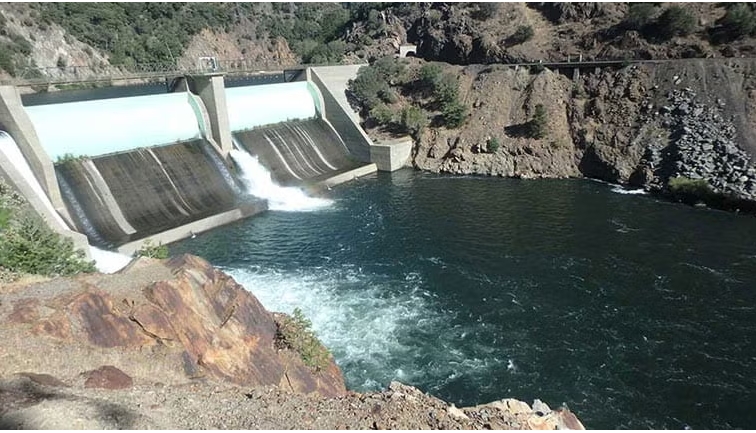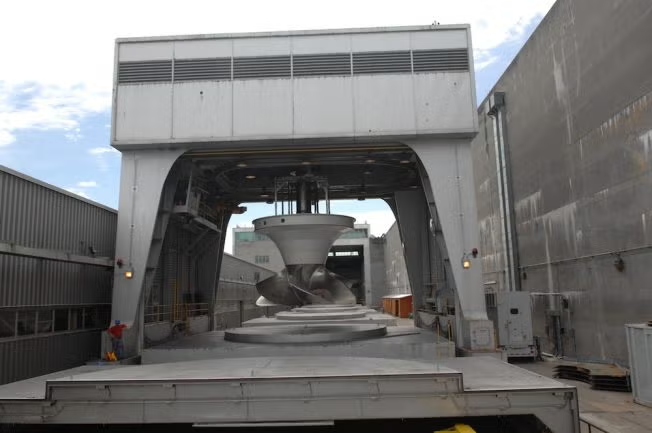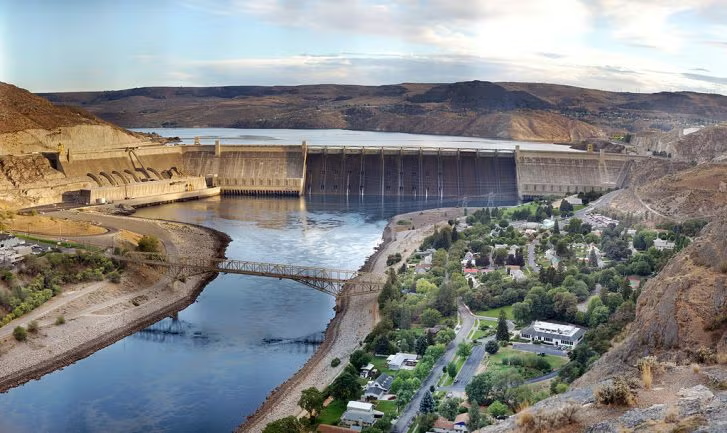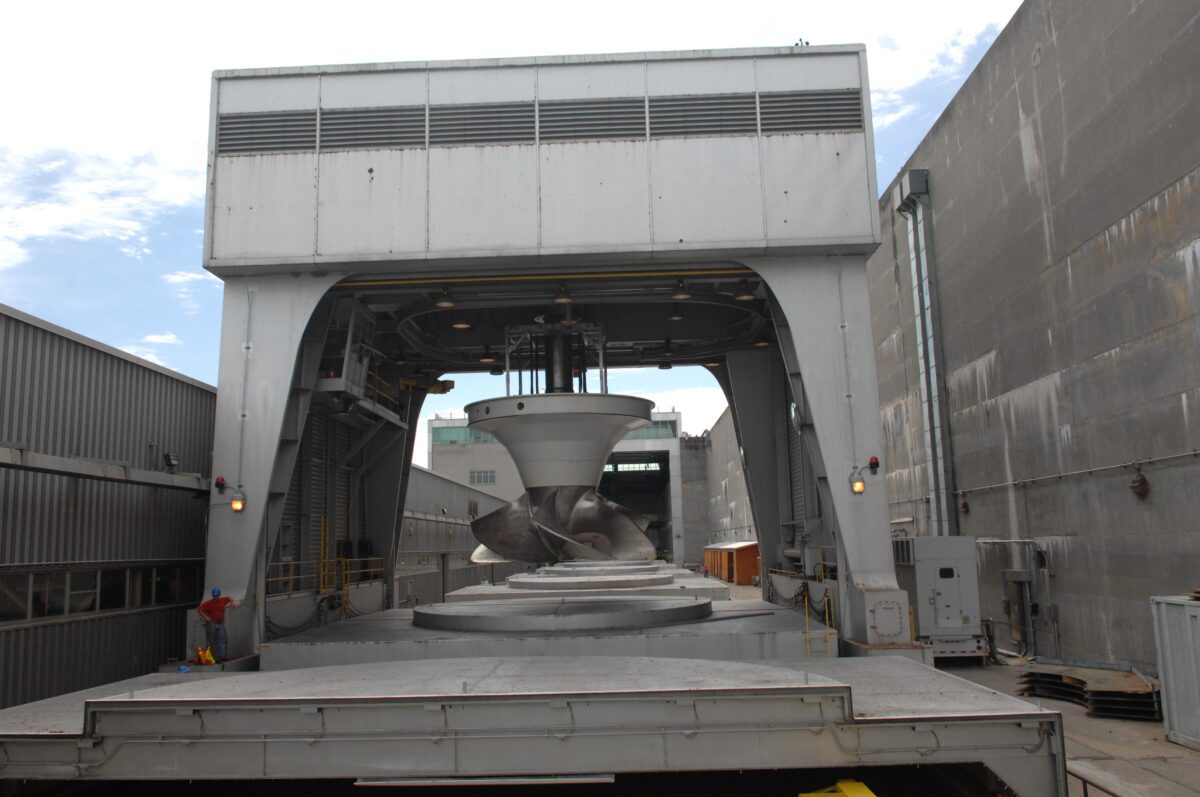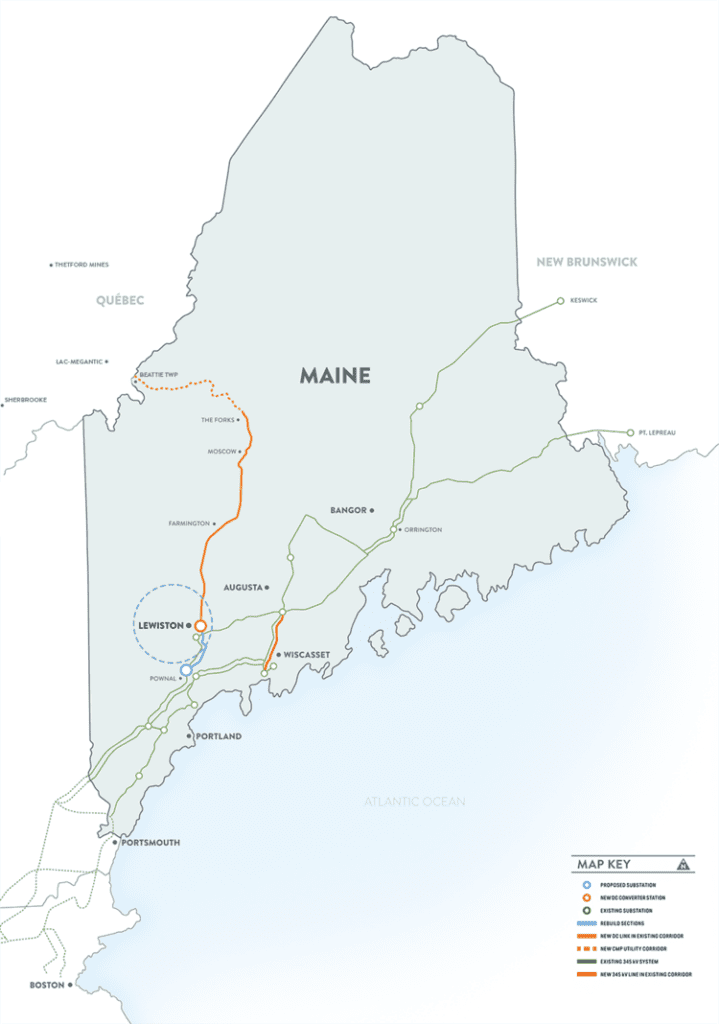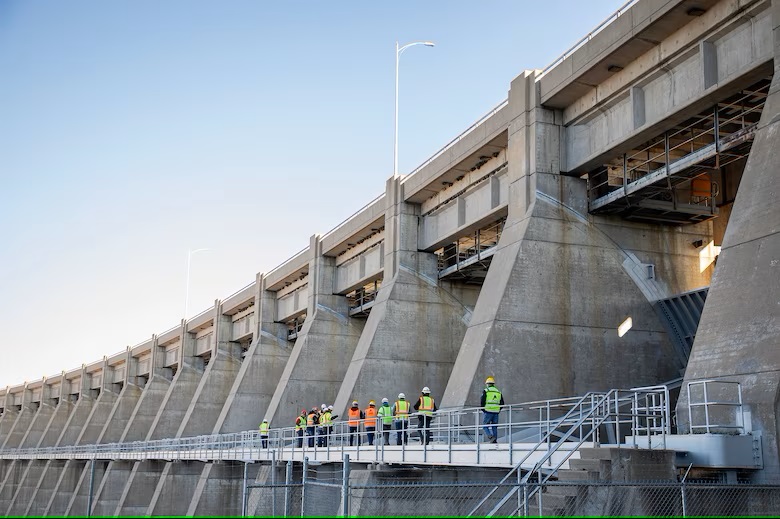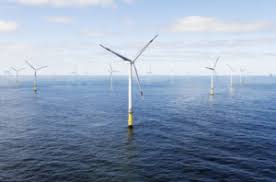
According to the US DOE, these initiatives, which will be undertaken across 17 universities, including five minority-serving institutions, aim to tackle challenges facing marine and ocean renewable energy industries while driving innovation and expanding the deployment of renewable energy solutions.
“The oceans hold incredible potential for renewable energy to power homes, businesses, and even offshore work such as marine research. These projects harness the creativity of researchers at universities across the country to spur innovation in marine and ocean renewable energy,” said Jeff Marootian, Principal Deputy Assistant Secretary for DOE’s Office of Energy Efficiency and Renewable Energy.
Although still in the early stages of deployment across the US, the total available marine energy resource is estimated to equal nearly 60 per cent of the country’s total power generation, the US DOE noted. Even capturing a fraction of this potential could impact the nation’s energy supply.
In addition, floating offshore wind holds a 2.8 TW potential power in the US, more than double the current national electricity consumption if fully realized, said the US DOE.
The funded projects aim to generate publicly available data and develop test platforms to identify cost reductions and improve performance for marine energy devices. Oregon State University and Rutgers University each received USD 500,000, while the University of Michigan secured two awards, totaling nearly USD 1.5 million.
Other projects focus on exploring synergies between offshore wind, marine energy, and aquaculture development. Boston University, California Polytechnic State University, the University of Hawaii at Manoa, and the University of New Hampshire received awards ranging from USD 375,000 to USD 497,000 under this initiative, which is jointly supported by DOE’s Water Power Technologies Office (WPTO) and Wind Energy Technologies Office (WETO).
A recent study led by European universities suggested that wave energy could match the cost-effectiveness of offshore wind at favorable locations by the 2030s, further emphasizing the long-term potential of this renewable resource.
Several awards are geared toward supporting undergraduate research and senior design projects in marine energy. Institutions like Baldwin Wallace University, Florida Atlantic University, Texas A&M Engineering Experiment Station, the University of Alaska Fairbanks, the University of Houston, the University of Washington, and the University of Wisconsin-Madison were each awarded approximately USD 500,000 to foster talent and innovation in this emerging sector.
Additional projects addressing WPTO’s Marine Energy Program objectives received funding. These include USD 598,800 for Michigan Technological University, two USD 1 million awards for North Carolina State University, and multiple grants for Oregon State University, totaling nearly USD 2.5 million. The University of New Hampshire also secured two awards nearing USD 2 million, while the University of Alaska Fairbanks and the University of Washington each received substantial funding for their initiatives.
The projects were selected through DOE’s Marine Energy University Foundational R&D funding opportunity, supported by the WPTO and WETO.
Renewable energy company SwitcH2 recently partnered with Swedish company CorPower Ocean to develop an industrial-scale floating green ammonia production facility partially powered by wave energy. The project, backed by BW Offshore and Dutch Oceans Capital, aims to combine wind, solar, and wave power to drive electrolysis for green ammonia production in offshore environments.
In late November, WPTO unveiled the winners of the first phase of its Power at Sea Prize, awarding USD 200,000 to 20 teams for marine energy concepts aimed at powering ocean-based activities.
